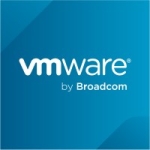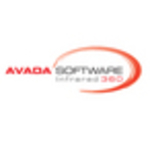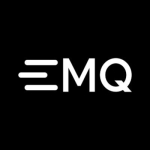MQ is a very affordable and easy to use messaging product. I like how fast you can write an API and send a message. Thus, its versatility, portability and easy to use functionality are valuable features of this product.
We use MQ for our insurance claims and use it heavily for CICS in the IBM Mainframe and use the IBM IMS for our applications.
Right now, with the new functions such as z/OS & distributed, I don't see any need for additional features as such. This is because everything that MQ provides, we do it. It's okay right now. Things are working fine.
The migration aspect is different and it depends on who is doing it, i.e., whether a person is doing it for the first time or a person who has done it for 18 times. I have done a lot of migrations in MQ, starting from this product version 2 and now it is on version 9. I have done a lot of migrations, so it all depends on how much experience you have, how you set up your migration task and so on. Migration is fine. I don't see any problem there.
If IBM develops a tool inside the MQ product for monitoring, then that will be better for the other IBM products available.
We have been using this solution for 17-18 years.
It's a very stable product. Being one of IBM's high-end messaging solution, it's a very robust product.
We have not had any issues. It is scalable.
I use the technical support from time to time in Hursley because MQ is developed in Hursley. I keep in contact with Hursley developers because in my organization, we use MQ a whole lot for our messaging. I am very happy with the support.
It is a good messaging product from IBM and is easy to use. It is very affordable and flexible, so I will advise other customers/companies to look into this product and use it.
The most important criteria while selecting a vendor are the customer support and easy to use the product. It is also important if the vendors can provide training to the staff and always be behind the customers to help them.















